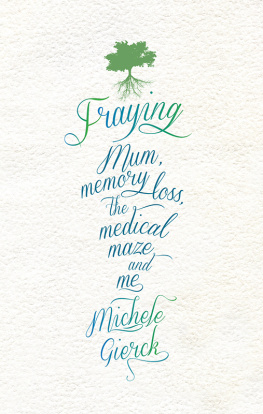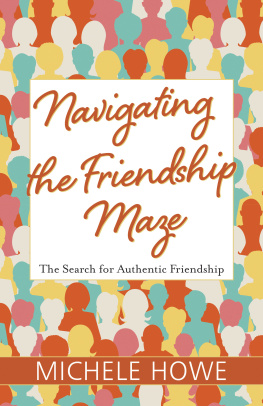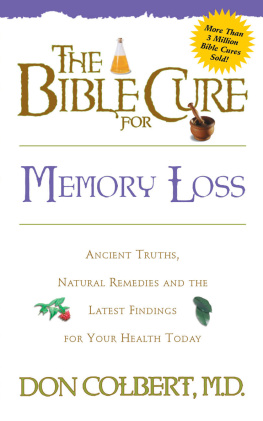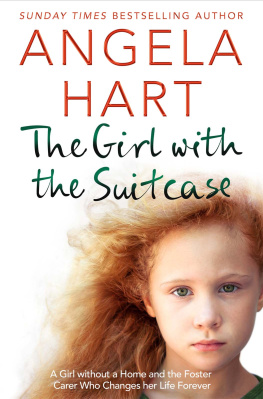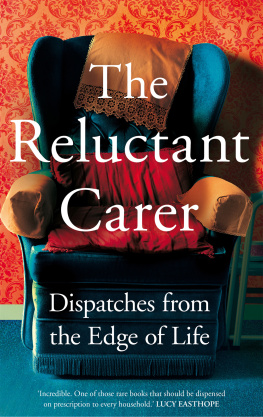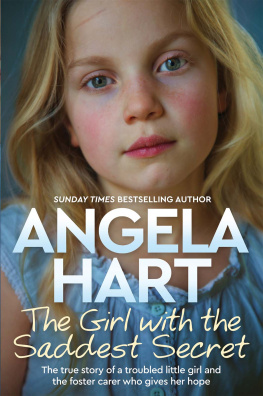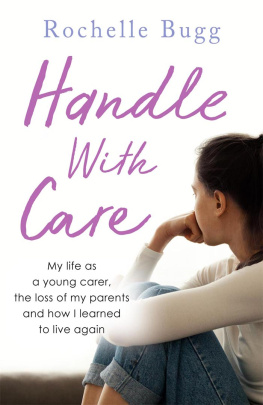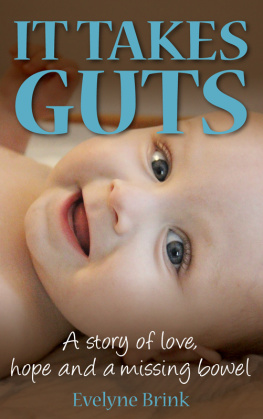
MICHELE GIERCK is a writer, an inspiring speaker and an educator. Micheles books include 700Days in El Salvador and Peter Kennedy: The ManWho Threatened Rome (co-authored with Martin Flanagan). Her work has featured in The Age, The Australian, Eureka Street and many other publications, and Michele has spoken on ABC radio programs across Australia. Passion, justice, community and human spirit are central to her writing, her public speaking and her life.

A NewSouth book
Published by
NewSouth Publishing
University of New South Wales Press Ltd
University of New South Wales
Sydney NSW 2052
AUSTRALIA
newsouthpublishing.com
Michele Gierck 2015
First published 2015
This book is copyright. Apart from any fair dealing for the purpose of private study, research, criticism or review, as permitted under the Copyright Act, no part of this book may be reproduced by any process without written permission. Inquiries should be addressed to the publisher.
National Library of Australia
Cataloguing-in-Publication entry
Creator: Gierck, Michele, author.
Title: Fraying: Mum, memory loss, the medical maze and me/Michele Gierck.
ISBN: 9781742232331 (paperback)
9781742241913 (ePub/Kindle)
9781742247175 (ePDF)
Subjects: Gierck, Michele.
Gierck, Jean.
Dementia Patients Biography.
Dementia Patients Family relationships.
Caregivers Family relationships Biography.
Memory disorders in old age.
Dewey Number: 362.1968310092
Design Di Quick
Cover design Sandy Cull, gogoGingko
All reasonable efforts were taken to obtain permission to use copyright material reproduced in this book, but in some cases copyright could not be traced. The author welcomes information in this regard.

This project has been assisted by the Australian Government through the Australia Council for the Arts, its arts funding and advisory body.

CONTENTS
For John, who makes all the difference
CHAPTER ONE
Fraying at the edges
September, 2009 My mother is a woman who likes company. It relaxes her. Unfortunately, having reached eighty-eight years of age, she has outlived her husband, her siblings, and many of her friends. Yet she still enjoys banter, and a daily dose of brandy. If asked, she would deny drinking before 5 pm. But a bit of brandy in a glass, topped up with warm water, in my mothers view isnt really drinking. Its medicinal. Drinking, officially speaking, occurs after 5 pm, when the brandy is served on ice with dry ginger ale.
This morning, however, its me who feels like swigging brandy. And its only 7 am.
The phone rings. The voice on the other end of the line is anxious. Its Mum. (She doesnt call me often, and never this early.) Michele, I know its early, but She has just remembered she has a 10 am appointment at a public hospital which is a little too far for her to drive to. But we already have a 9.30 am medical consultation with her general practitioner, a most important extended appointment, and theres little chance of changing it without then having to wait another week.
Since Im recuperating from injury, unable to drive, and my mother refuses transport by taxi, the solution is not simple. Realising I cant get her to both appointments, I try to think of a remedy. However, a state of vagueness seems to have enveloped my brain.
Half an hour of early morning phone calls, waking friends only to discover the details of their hectic schedules, does little to alleviate rising angst. My mother, who has undergone many operations, from thyroid and caesarians to open heart surgery, understands the importance of keeping hospital appointments and how long you may be forced to wait in the public health system if you miss one.
Eventually, a volunteer is located; one who will drive Mum to the hospital and then collect her. Meanwhile, we agree that I will meet with her general practitioner and begin the conversation about my mothers memory, which seems to be fraying at the edges like a poorly sewn seam.
My mother and I both know about seams. Mum was a milliner who began her apprenticeship at Melbournes prestigious Georges department store, on Collins Street, at fourteen years of age. Not content just to craft hats, she designed them too, fastidiously. Her belief that the inside of a hat, lampshade, curtain or dress all of which she made and could be found in our family home should look as smooth and stylish as the outside was one she routinely put into practice.
I can see Mum sitting in the kitchen, her back to the northfacing window, the curtains pulled back, the bland-coloured venetian blinds hoisted. Spread over the white laminex table with black edging is a plethora of pins and needles, a small cane sewing box with red lining, an old biscuit tin packed with buttons some with a flat finish, others that sparkle or shine and my mothers treasure, her lime-green sewing machine. Husqvarna Automatic is emblazoned across the front in yellow letters; Automatic is written in italics, as if emphasising the class of this electric machine. My mother, leaning forward in her chair, works the pedal and the four dials on the right side of the front of the machine with the agility of a racing car driver changing gears. Set the size dial, press the pedal, sew, stop, turn the zigzag dial to the left, foot on the pedal, sew, stop, twist the on-the-same-spot sewing button so the last stitch is extra sturdy, stop, pick up the scissors, cut any loose threads, and then repeat.
By ten years of age, under my mothers strict tutelage, I made my tiny doll half the size of Barbie a blue-spotted pants-suit in which the inner and outer garment managed to pass my mothers scrutiny. Now, however, decades later, Mum is under my gaze. And Im wondering what is causing the relatively sudden fraying of her memory, and if theres a way to overlock all those fine, intricate neural threads before too much of her memory unravels.

The half-hour walk to the doctors clinic through one of Melbournes picturesque parklands is calming. A pleasant background noise the musical chatter of the birds reverberates between the tall, sturdy trunks of the eucalyptus trees. My favourite, the gumnut trees, however, are outside the park. They line the street of my destination, standing like a natural guard of honour. With their umbels of bell-shaped seed pods that pop their tops and radiate a delicate skirt of red, pink or cream stamens, the gumnuts are exhilarating when in bloom.
The doctors waiting room, however, is not exhilarating. It is functional, with a profusion of pictorial matter, most of which has a bedraggled, often-flicked-through look. My mother is a regular at this busy clinic.
The doctor, whose advice my mother heeds without question, ushers me into his consulting room.
I was planning to come with Mum, but she accidentally double-booked appointments this morning, I begin.
Next page
